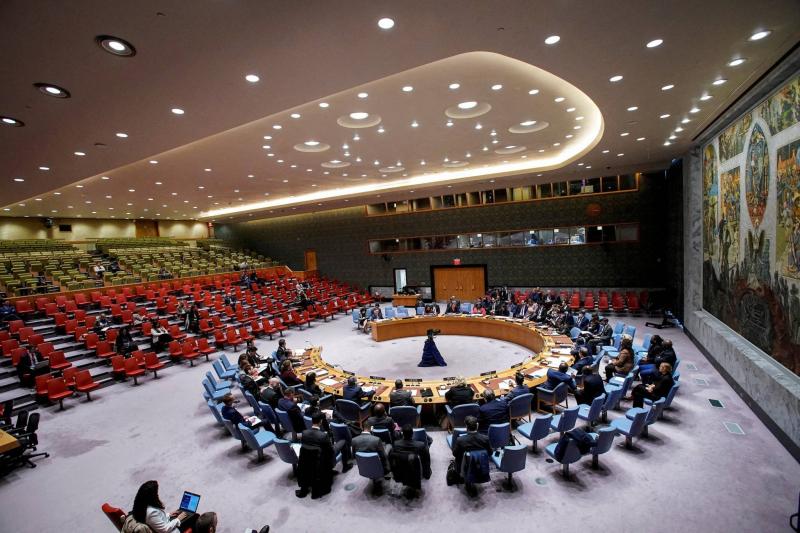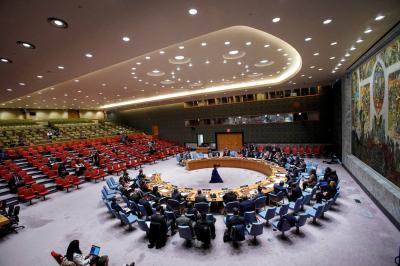The United Nations sanctions on Mali will end tomorrow, Thursday, after Russia used its veto against renewing the regime targeting anyone who violates or obstructs the 2015 peace agreement, hampers aid delivery, commits human rights violations, or recruits children. Independent UN sanctions monitors informed the Security Council this month that Malian forces and their foreign security partners, believed to be the Russian Wagner military group, are using violence against women and committing other forms of "serious human rights violations" to instill fear.
Thirteen members of the Security Council voted in favor of a resolution drafted by France and the UAE to extend the UN sanctions and independent monitoring for another year. Russia used its veto while China abstained from the vote. Instead, Russia proposed a one-year extension of the UN sanctions on Mali while ending the independent monitoring now. It was the only country to vote in favor, while Japan voted against and the remaining thirteen members abstained.
US Deputy Permanent Representative to the UN Robert Wood stated, "Russia wants to eliminate independent monitoring to suppress the disclosure of embarrassing facts about Wagner's actions in Mali that require attention." In response, Russia's Deputy Permanent Representative to the UN, Dmitry Polyanskiy, told Reuters that this was mere speculation and resembled "paranoia," adding that Russia "supports the interests of the affected state – Mali, as the council is supposed to do."
This move by Moscow follows a vote in June by the council to end the ten-year peacekeeping mission in Mali when the military council abruptly requested the departure of the 13,000-soldier force, a step the US said was planned by the Wagner group. Wagner has about 1,000 fighters in the country. The Malian military wrote to the Security Council this month requesting the lifting of sanctions. The Security Council established the Mali sanctions regime in 2017, allowing it to impose sanctions including travel bans and asset freezes. Eight individuals are currently subject to UN sanctions measures.




